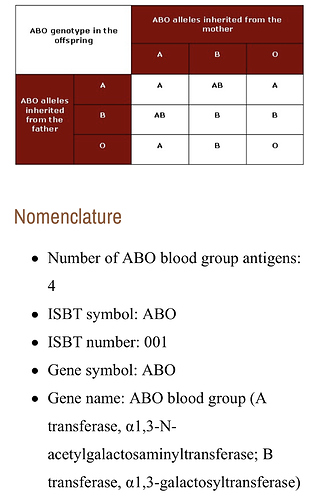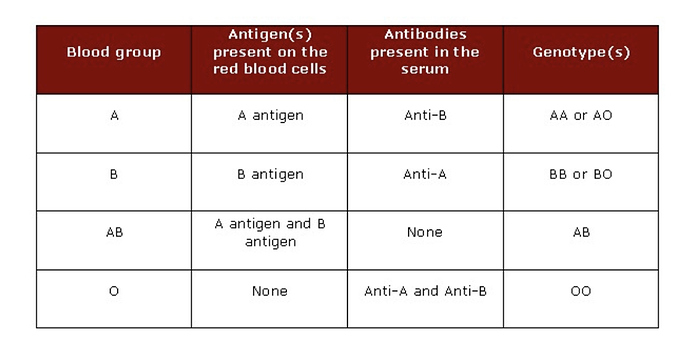This is truly interesting.
They also reported that naturally occurring anti-A antibodies were able to inhibit or even block the binding of the virus to the host cell.
An example of this is the norovirus which causes severe vomiting and diarrhoea. This virus is able to bind to ABO antigens on mucosal surfaces of the gut, and once this happens, it is able to gain entry into the host cell and then replicate. On the other hand, anti-A and anti-B antibodies may be part of the body’s natural defence and could limit or even prevent infection.
Basically those of us with blood type A+ are most susceptible to covid-19 due to the lack of Anti-A antibodies and it also seems based on a comment below that having rH(positive) antigens on the cell surface of (blood) cells makes us more susceptible because the virus can use (blood) cells to replicate? I wonder if A- people don’t have any antigens on all their cells?
What I don’t understand is… if A- blood people lack antigens on their cell surface… Do they have Anti-A and/or Anti-B antibodies? Or some other antibodies floating in the blood?
Yes but out of all those test how many tested positive with a RH -. I ask bc my bf has it, A+, I have A- and did not get it, living in the same house. My daughter is O- and did not get it either. My dad has it, A+, and my friends husband has it A+ both infected but the wife is A- like me and didn’t catch it. Just curious on if that plays a part?

 Karen, that is great news!
Karen, that is great news!  I wish we all were.
I wish we all were.



